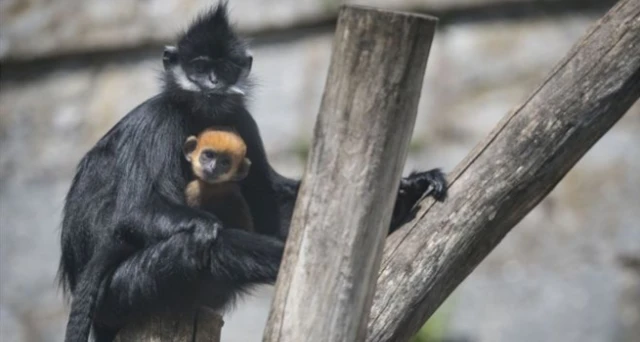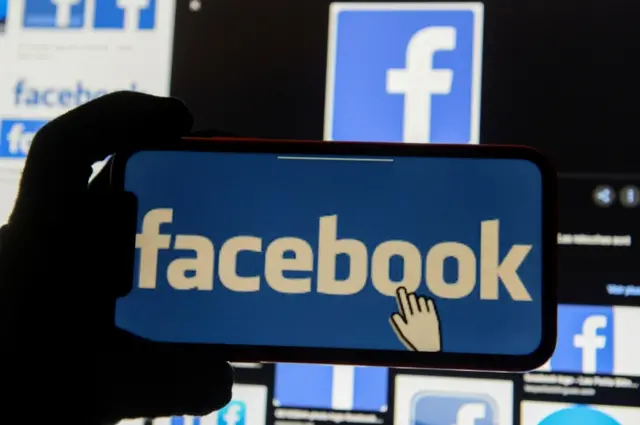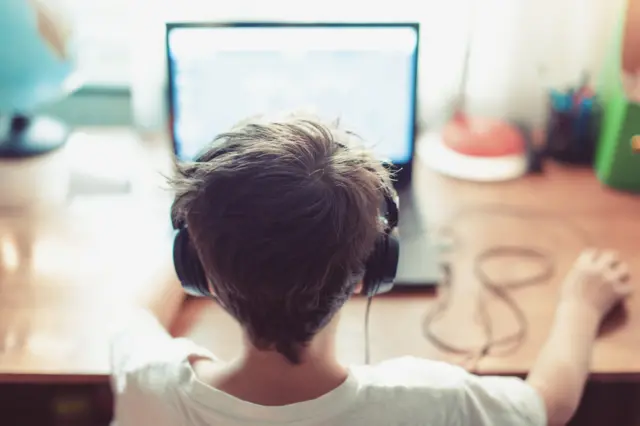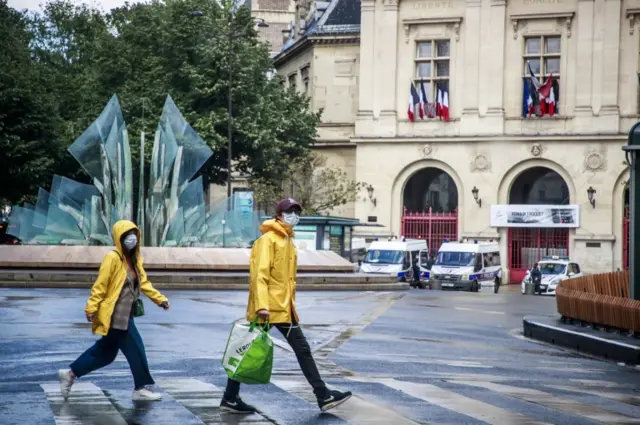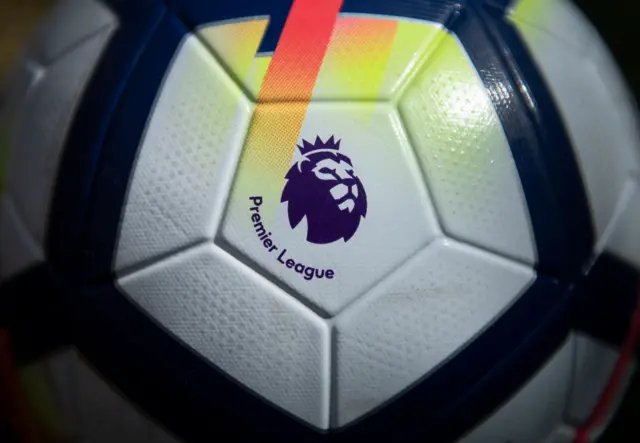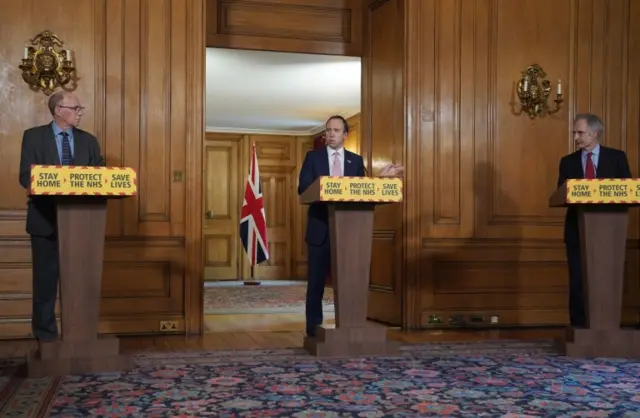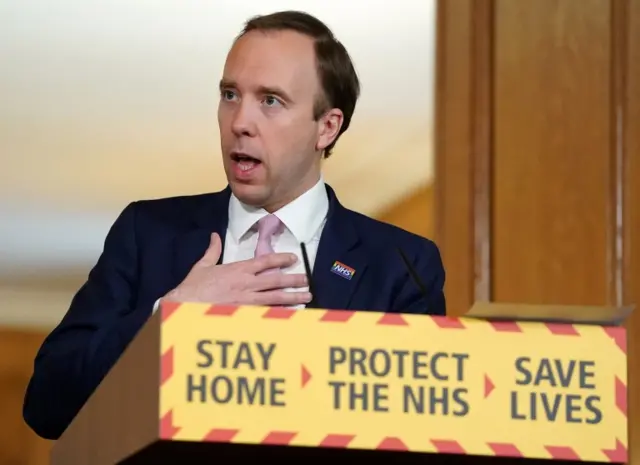US frontline workers get hero action figurespublished at 20:28 BST 1 May 2020
 Tara McKelvey
Tara McKelvey
BBC News, Washington
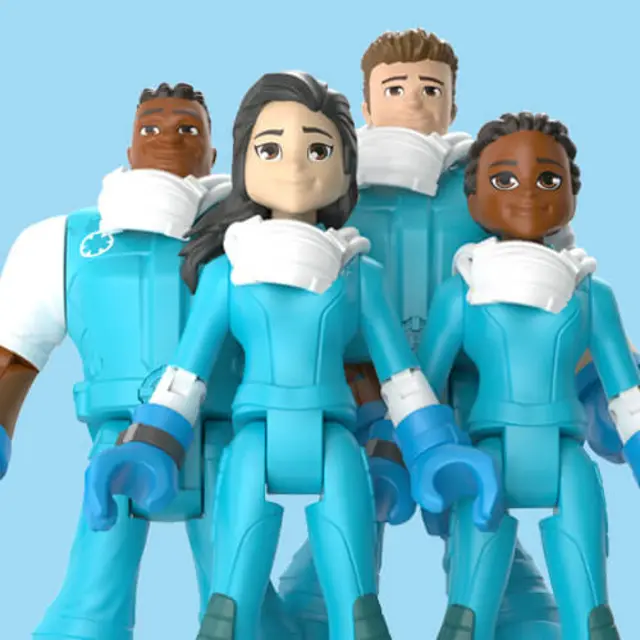 Image source, Mattel
Image source, MattelThe series includes doctors and nurses, as well as other frontline workers
The hours are long, risks significant (thousands of health-care workers have had positive coronavirus tests) and the role they play in the fight against Covid-19 is crucial.
Given all their job entails, it is not surprising many people see healthcare workers as real-life heroes. Now they will be immortalised by a toy company in the US.
Doctors and nurses, wearing scrubs and stethoscopes, as well as medical technicians, will soon be moulded into action figures by Mattel - the company that has been making Barbie for more than 60 years.
The toy series includes others who play a key role but usually operate behind the scenes: grocery store workers and delivery drivers.The drivers are portrayed as sturdy, cheerful-looking figures, outfitted with caps and disposable gloves.
Proceeds from sales will go to a fund that will provide protective equipment and other resources.

